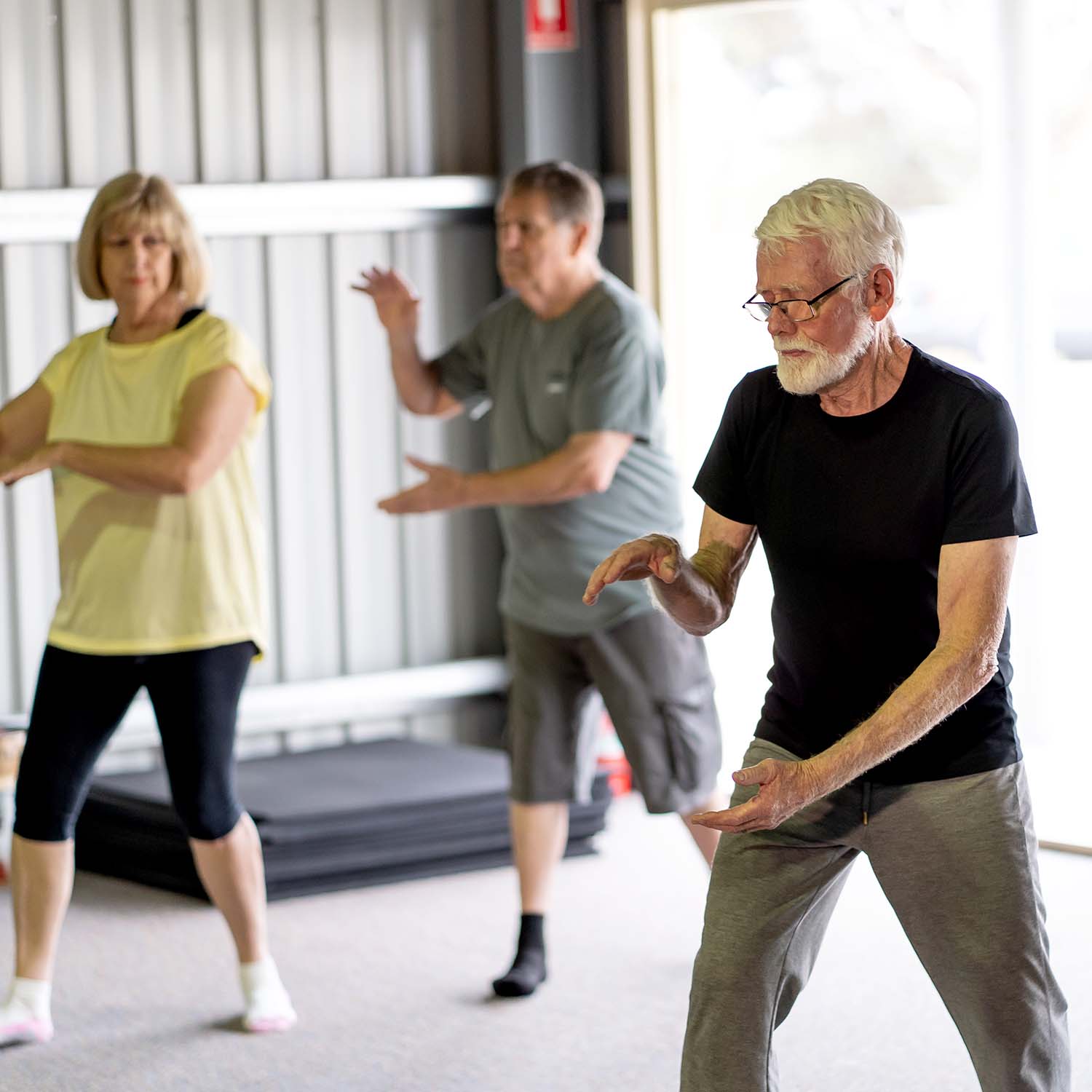
Improve the Quality of Life of Parents of Children with Chronic Diseases with Mindfulness
By John M. de Castro, Ph.D.
“mindfulness meditation is extremely good at relieving anxiety, stress, depression, exhaustion and irritability. Memory improves, reaction times become faster and mental and physical stamina increase. In short, regular meditators are happier and more contented than average, while being far less likely to suffer from psychological distress.” – Danny Penman
There is a tremendous demand for caregiving in the US. It is estimated that over 65 million (29% of the adult population) provides care to someone who is ill, disabled or aged, averaging 20 hours per week spent caring for their loved ones. This caregiving comes at a cost to the caregiver. It exacts a toll on caregivers’ health and well-being and their quality of life. Caregiving has been associated with increased levels of depression and anxiety as well as higher use of psychoactive medications, poorer self-reported physical and mental health, compromised immune function, and increased mortality.
Providing care for a child with a chronic illness can be particularly challenging. About 27% of children in the U.S. has a chronic illness. Caring for the child requires that the parent be able to deal with stress, to regulate their own emotions, and to be sensitive and attentive to their child. These skills are exactly those that are developed in mindfulness training. It improves the psychological and physiological responses to stress. It improves emotion regulation. And it improves the ability to maintain attention and focus in the face of high levels of distraction. The application of mindfulness skills to the parents of children with a chronic illness is relatively new. So, it would seem reasonable to investigate this further.
In today’s Research News article “Cognitive Behavioural Therapy and Mindfulness for Health-Related Quality of Life: Comparing Treatments for Parents of Children with Chronic Conditions – A Pilot Feasibility Study.” See summary below or view the full text of the study at:
https://www.ncbi.nlm.nih.gov/pmc/articles/PMC5301303/
Anclair and colleagues perform a pilot feasibility study of the application of Mindfulness training and Cognitive Behavioral Therapy to improve the health-related quality of life of parents with children with chronic diseases. They recruited parents of children with chronic diseases, obtained baseline measures and then randomly assigned them to receive either a group based, 8 week, once a week for 2 hours, Mindfulness training or Cognitive Behavioral Therapy. They were measured before and after treatment for satisfaction with life, including spare time, relation to child, relation to partner, relation to friends, and satisfaction with work, and health-related quality of life, including physical functioning, role functioning – physical causes, bodily pain, general health, vitality, social functioning, role functioning – emotional causes and mental health. These were summarized in two categories, physical component summary and mental component summary.
They found that both treatments produced significant improvements in the mental components but not the physical components of health-related quality of life. Significant improvements in the mental health components of vitality, social functioning, role functioning – emotional causes and mental health were apparent. In addition, both groups demonstrated significant improvements in life satisfaction, including spare time, relation to child, and relation to partner. There were no significant differences between the improvements produced by mindfulness training or Cognitive Behavioral Therapy. Hence both treatments appeared to be effective in improving the health-related quality of life and life satisfaction of parents with children with chronic diseases.
It should be noted that this was a pilot feasibility study and did not contain a no-treatment control. So, caution must be exercised in reaching conclusions. But the results suggest that both types of therapy improve life satisfaction and the mental and social components of health-related quality of life while not affecting the physical dimensions. The results are interesting and important enough to justify implementing a large-scale randomized clinical trial. Since the numbers of children with chronic diseases is huge, finding ways to help ease the burden on their parents may have major mental health consequences.
So, improve the quality of life of parents of children with chronic diseases with mindfulness.
“Overall, results from existing studies suggest that mindfulness interventions may be beneficial for reducing symptoms and associated problems through relaxation for many chronic illnesses, including epilepsy, fibromyalgia, headaches or migraines, cancer, and asthma.” – Cynthia Riccio
CMCS – Center for Mindfulness and Contemplative Studies
This and other Contemplative Studies posts are also available on Google+ https://plus.google.com/106784388191201299496/posts and on Twitter @MindfulResearch
Study Summary
Anclair, M., Hjärthag, F., & Hiltunen, A. J. (2017). Cognitive Behavioural Therapy and Mindfulness for Health-Related Quality of Life: Comparing Treatments for Parents of Children with Chronic Conditions – A Pilot Feasibility Study. Clinical Practice and Epidemiology in Mental Health : CP & EMH, 13, 1–9. http://doi.org/10.2174/1745017901713010001
Abstract
Background:
Research on parents of children with chronic conditions has shown that this parent group frequently suffers from psychological problems such as deteriorating life quality and stress-related disorders.
Objective:
The present feasibility study focuses on Health-Related Quality of Life (HRQOL) and life satisfaction of parents of children with chronic conditions.
Method:
The study was conducted using a repeated measures design and applied either group-based cognitive behavioural therapy (CBT; n = 10) or a group-based mindfulness programme (MF; n = 9). The study participants were wait-listed for six months.
Results:
The results indicate improvements for participants in both treatment groups regarding certain areas of HRQOL and life satisfaction. After eight group therapy sessions, parents in the two treatment groups significantly improved their Mental Component Summary (MCS) scores as well as their scores on the mental subscales Vitality, Social functioning, Role emotional and Mental health. In addition, some of the physical subscales, Role physical, Bodily pain and General health, showed considerable improvement for the MF group. When testing for clinical significance by comparing the samples with mean values of a norm population, the MCS scores were significantly lower at pre-measurements, but no significant differences were observed post-measurement. For the Physical component summary (PCS) scores, a significantly higher score was observed at post-measurement when compared to the norm population. Moreover, the results indicate improvement in life satisfaction regarding Spare time, Relation to child and Relation to partner.
Conclusion:
The study concludes that CBT and mindfulness may have a positive effect on areas of HRQOL and life satisfaction.
https://www.ncbi.nlm.nih.gov/pmc/articles/PMC5301303/




